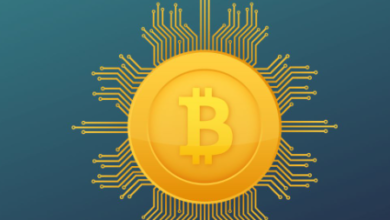what is rpc in crypto

Are what is rpc in crypto you curious about the technology behind your favorite cryptocurrencies? Have you ever heard of RPC and wondered what it means for your digital assets? If so, then this blog post is perfect for you. Today we’ll be exploring the world of RPC in crypto, explaining what it is and why it’s important to understand. So sit back, relax, and get ready to delve into the exciting world of blockchain technology!
What is RPC in Crypto?
RPC stands for Remote Procedure Call and is a protocol that allows two computers to communicate with each other. It is used in crypto-related applications because it enables one computer to call another computer, which can then execute a specific set of commands on that computer. This is especially useful when you want to access a remote service or exchange data with someone else.
Advantages of RPC in Cryptocurrency
Remote Procedure Call (RPC) is a protocol that allows two computer systems to communicate with each other over a network. RPC allows programs on one computer to call programs on another computer. This can be used to access files, run commands, and so on.
One advantage of RPC is that it is cross-platform. This means that it can be used on Windows, Mac OS, GNU/Linux, and Android devices. Another advantage of RPC is that it is lightweight. This means that it doesn’t use up a lot of system resources.
Disadvantages of RPC in Cryptocurrency
There are a few disadvantages of using RPC in cryptocurrency. First, it is not as secure as other mechanisms such as JSON-RPC or WebSocket. In fact, one study found that over 50% of all RPC vulnerabilities are due to insecure protocols (1). This means that attackers can easily exploit vulnerabilities in your code to gain access to your cryptocurrency wallet or blockchain.
Second, because RPC is a network protocol, it can be slow and expensive. This can impact the overall performance of your application, especially if you are trying to use it for heavy loads or processing large amounts of data. Additionally, it can be difficult to scale an RPC implementation horizontally – meaning that you cannot add more servers to handle increased demand without making significant modifications to the codebase (2).
Finally, some people feel that RPC is outdated technology that does not meet the needs of modern applications (3). They argue that there are better alternatives available, such as JSON-RPC or WebSocket, which offer greater security and performance benefits.




